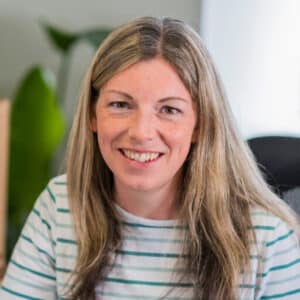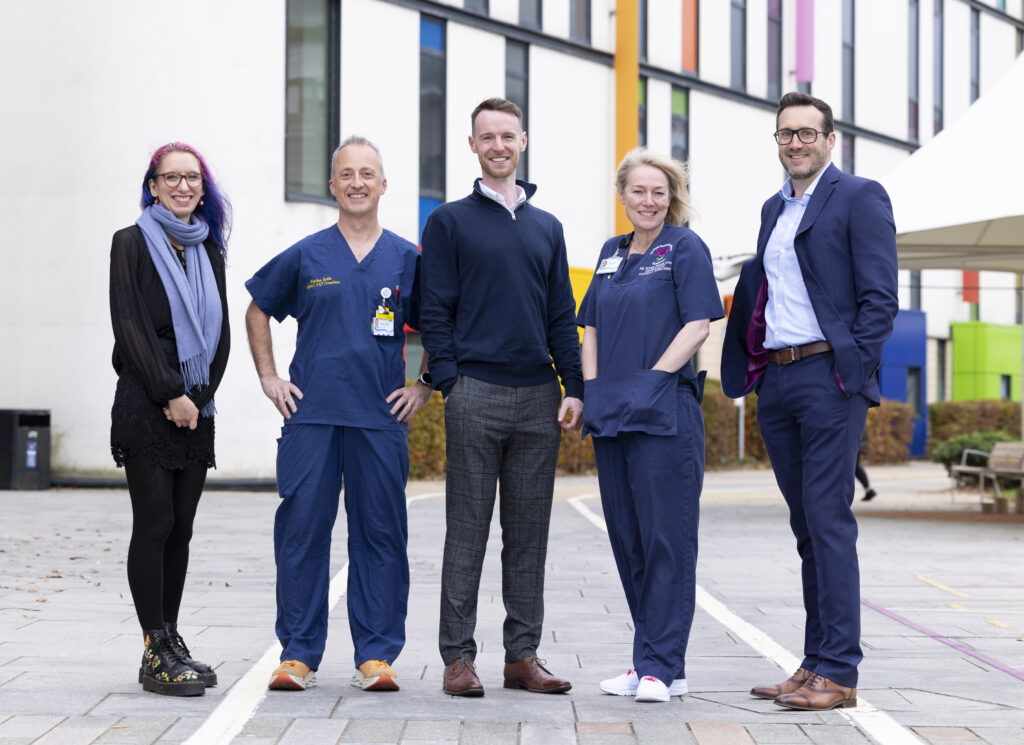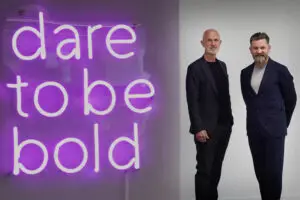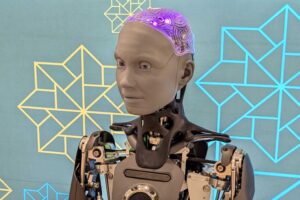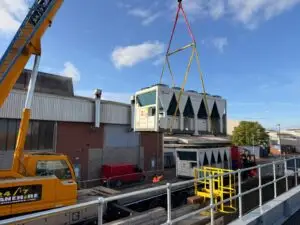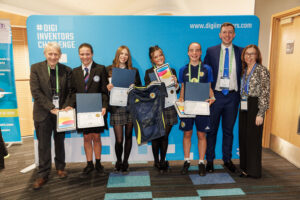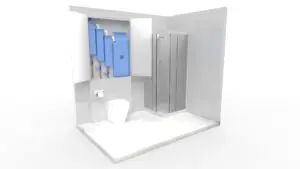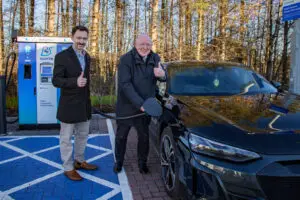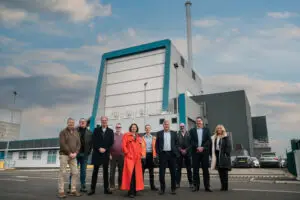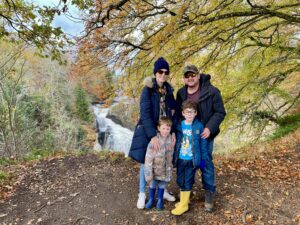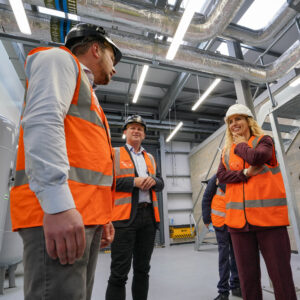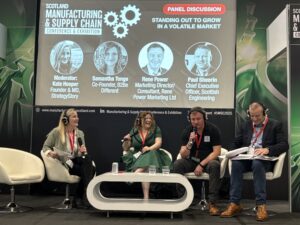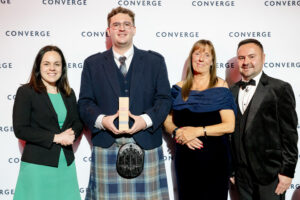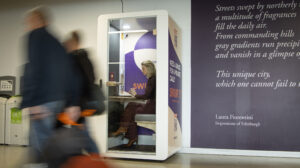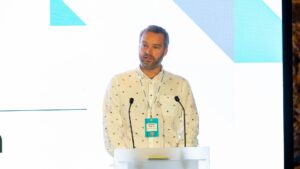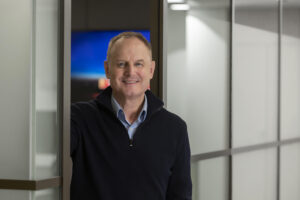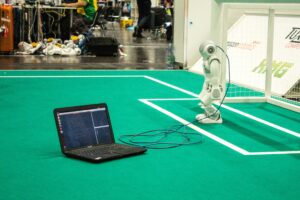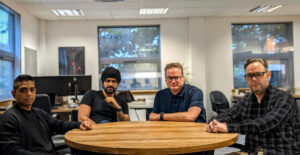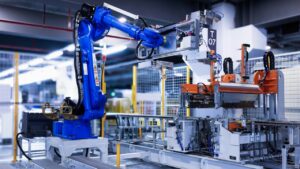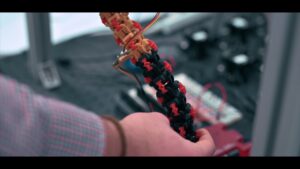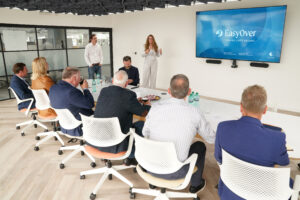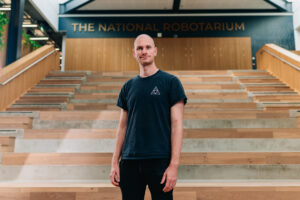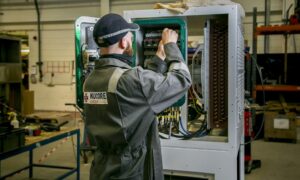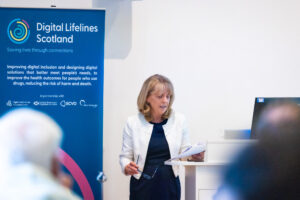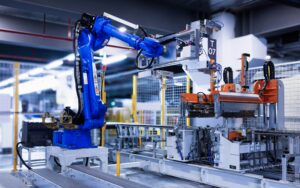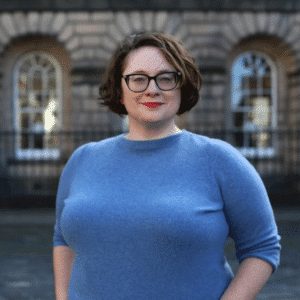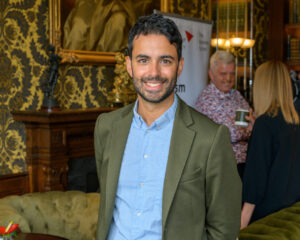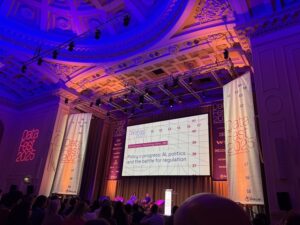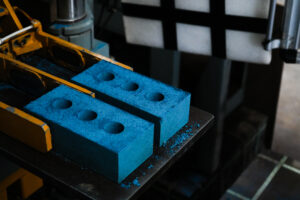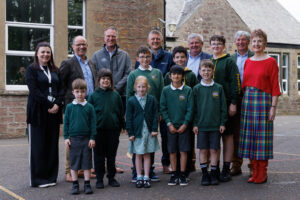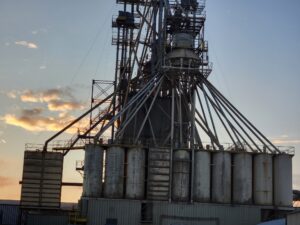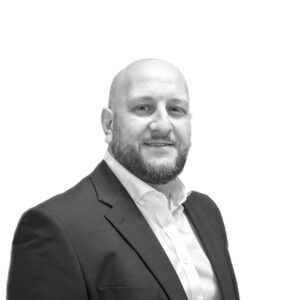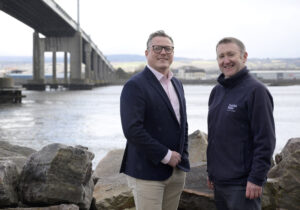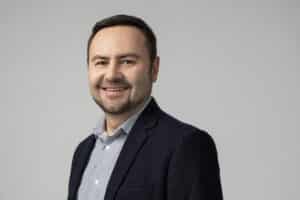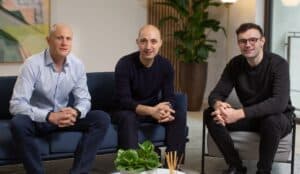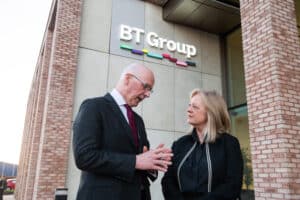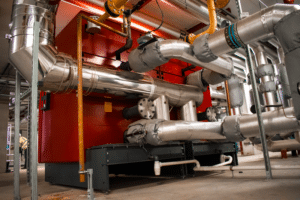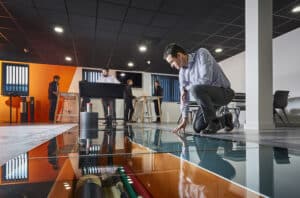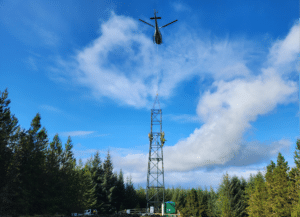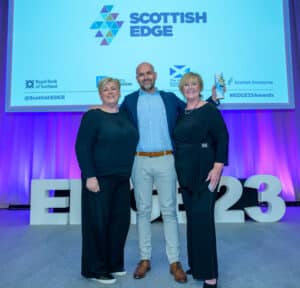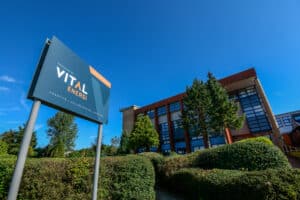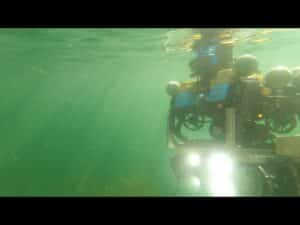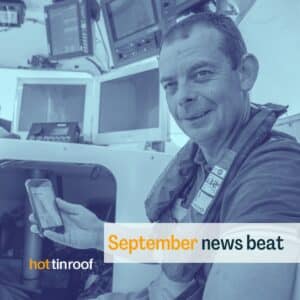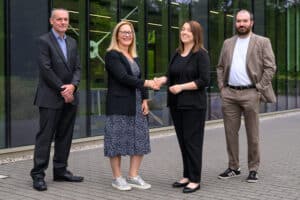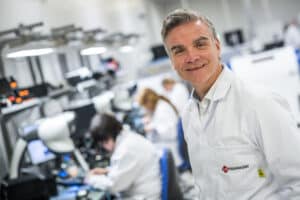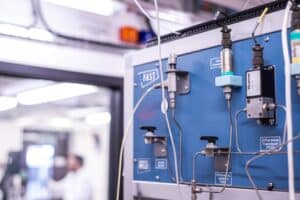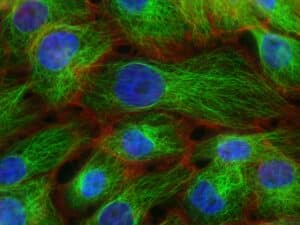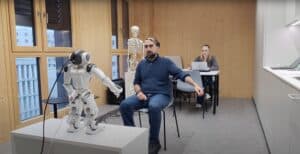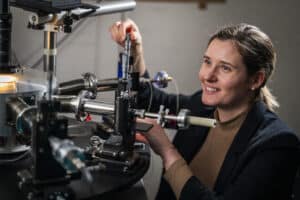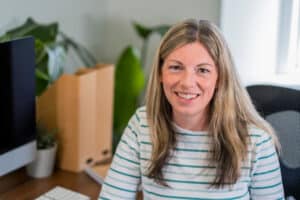Seluna secures nearly £650K funding to advance machine learning technology that could revolutionise treatment of childhood sleep apnoea
Glasgow-based MedTech company Seluna is set to improve the diagnosis and management of childhood sleep disorders following the launch of a major clinical validation study with the Royal Hospital for Children in Glasgow.
The study, involving 500 anonymised patients under 18 years old, will run from now until the end of 2025. It aims to validate Seluna’s diagnostic software as a medical device (SaMD), which is designed to automatically interpret sleep studies via a pipeline of machine-learning algorithms. This will support Registered Polysomnographic Technologists (RPSGTs) and doctors in diagnosing and managing paediatric sleep apnoea.
Seluna is addressing a critical gap in paediatric sleep medicine, aiming to be the first SaMD developed specifically for diagnostics in this underserved market. Currently, the gold-standard pathway relies on manual interpretation of complex sleep study data – a slow and labour-intensive approach that creates significant bottlenecks in an already strained healthcare system.
The validation study follows Seluna’s recent success in securing nearly £650,000 funding via continued support from existing backers Gabriel Investment Syndicate, Scottish Enterprise and the University of Strathclyde, as well as a new investor STAC Invest.
Dr Scott Black, co-founder and CEO of Seluna, commented:
“Paediatric sleep diagnostics has been underserved for too long. It’s a complex challenge, which is why existing tools weren’t built for children – until now. This validation study will demonstrate clinical impact and make a clear statement: we’re here to set a new standard. We’re here to innovate, drive change, and compete internationally, with backing from investors who recognise the potential of the paediatric healthcare market.”
Seluna’s machine learning pipeline automatically scores paediatric sleep studies by identifying and classifying digital biomarkers of sleep-disordered breathing. Designed to reduce clinical workload and support objective, data-driven decisions, the system streamlines and standardises the diagnostic pathway. The algorithms are designed to be interpretable and transparent, and to support, not replace, clinical judgement.
Dr Ruth Hamilton, Consultant Clinical Scientist at Royal Hospital for Sick Children, Glasgow, and principal investigator, added:
“What makes Seluna’s approach so compelling is its focus on explainable AI. As clinicians, we need to understand why the technology is making certain recommendations. Seluna’s focus on interpretability builds the trust we need to confidently use this technology in clinical practice. It will help take pressure off busy departments and allow us to stop firefighting wait lists.”
Even after diagnosis, clinicians lack the physiological insights needed to predict which children will benefit from treatment, which often involves surgery. As a result, some children undergo unnecessary operations, while others who might benefit are overlooked. Seluna’s ambitions go beyond diagnosis, helping to uncover the underlying pathology to guide more precise, personalised treatment decisions.
Dr Haytham Kubba, Paediatric Ear, Nose & Throat Surgeon at Royal Hospital for Children, Glasgow, and chief investigator on the study, said:
“Adenotonsillectomy for sleep apnoea is the most common paediatric surgery for the most common reason but right now, we simply don’t know if we’re operating on the right children. Seluna is developing a solution which could dramatically improve our ability to identify and prioritise the children who need help most urgently. It has the potential to transform how we approach paediatric sleep medicine.”
The Glasgow study marks the first phase of a broader, multi-site validation programme, with other NHS sites expected to join by the end of the year. This diverse, multi-centre approach is specifically designed to capture population data that reflects the wider UK demographic – helping to minimise bias in model development and ensuring Seluna’s technology can equitably serve children from all communities and backgrounds.
Alex Lusty at Gabriel Investment Syndicate confirmed:
“Gabriel was delighted to lead this second round investment into Seluna, recognising the company’s exceptional progress in building the product, commercial partnerships and internal team capability. It’s been great to see the strong clinical engagement with the company’s ethical AI-based diagnostic pathway. We look forward to continuing to support Seluna as the company transitions to helping children in the UK and US.”
Angus Macfadyen, head of investment at STAC, said:
“Seluna represents exactly the kind of investment opportunity STAC Invest is looking for – a world-class founding team tackling a significant global challenge with genuinely innovative technology. With 80% of childhood sleep apnoea cases going undiagnosed worldwide and 96 million children affected by sleep disorders, there’s a compelling commercial opportunity for a solution that delivers better patient outcomes while reducing healthcare costs. Seluna has all the ingredients for international success: exceptional founders, differentiated technology, clear regulatory pathway, and substantial market opportunity in both UK and US markets.”
Anne Henderson, Head of Investment at the University of Strathclyde, said:
“We are committed to addressing societal challenges through innovation, and Seluna is an excellent example of how cutting-edge research and technology can be used to transform paediatric healthcare.
“We are proud to have been an early investor in Seluna and look forward to continuing our partnership with further support through our Strathclyde Inspire Entrepreneurs Fund and Stephen Young Entrepreneurship Awards.”
Derek Shaw, Director Entrepreneurship & Investment at Scottish Enterprise, said:
“Scottish Enterprise has supported Seluna’s ambition to improve the diagnosis and management of childhood sleep disorders over several years.
“The life sciences industry is a key opportunity area for growth for Scotland. Companies such as Seluna can play a vital role in transforming our economy by scaling-up, creating high value jobs and competing internationally.”
The company expects the validation studies to support Class I medical device classification in the UK by the end of 2026, enabling adoption across the NHS and private healthcare. This will also lay the groundwork for international expansion, with Class II FDA approval in the United States targeted by the end of 2027.
